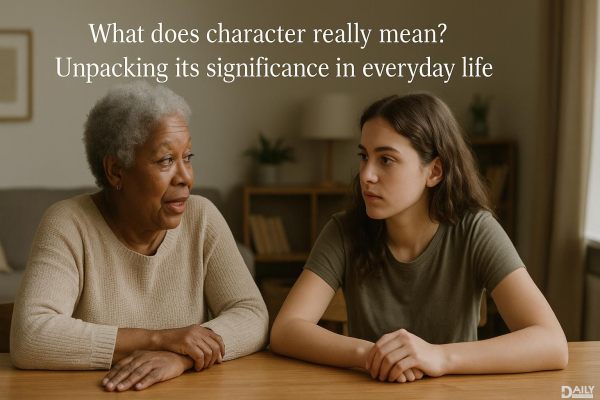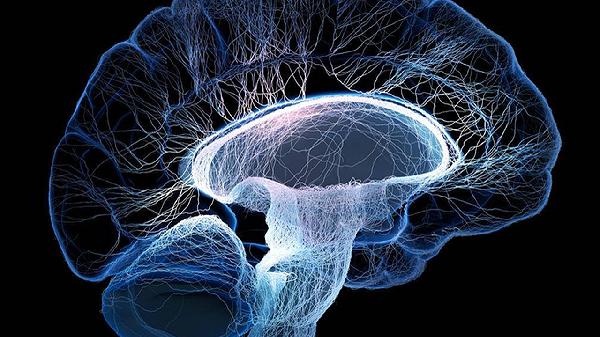Ever found yourself obsessing over someone, replaying every text, or daydreaming about your next date? Yeah, that’s not just you being extra—it’s your hormones hijacking your brain. Science says love isn’t just a feeling; it’s a full-blown chemical reaction. So if you’ve ever blamed yourself for falling too hard too fast, relax—your biology is calling the shots.

Dopamine: The Ultimate Hype Man
This is the brain’s reward chemical, and when you’re crushing hard, it’s working overtime. Every flirtatious text, lingering glance, or stolen kiss sends dopamine surging through your system, making you feel like you’re on top of the world. It’s the same chemical that lights up when you win at a slot machine—except now, the jackpot is your partner’s attention. No wonder love can feel so addictive.
Oxytocin: The Cuddle Hormone
Ever wonder why post-coital snuggles or even just holding hands feels so damn good? Thank oxytocin, aka the “love hormone.” It’s released during physical touch, bonding, and even eye contact, reinforcing trust and attachment. Some call it nature’s way of making sure we stick together—literally. The more time you spend with someone, the stronger this bond gets, which explains why breakups can feel like withdrawal.
Serotonin: The Mood Stabilizer (Or Saboteur)
Here’s where things get wild. When you’re head-over-heels, serotonin levels actually drop—similar to what happens in people with OCD. That’s why new love can feel all-consuming, with thoughts of your partner taking up way too much mental real estate. It’s not just in your head; your brain chemistry is literally rewiring itself to prioritize this person.
Adrenaline & Norepinephrine: The Butterflies Brigade
Sweaty palms, racing heart, that fluttery feeling in your stomach? That’s adrenaline and norepinephrine teaming up to put your body on high alert. These stress hormones kick in during the early stages of attraction, making every interaction feel electric. It’s the same fight-or-flight response you’d get if you were, say, giving a speech—except now, the “threat” is how badly you want to impress your crush.
Vasopressin: The Long-Term Commitment Coach
While oxytocin handles the warm and fuzzy side of love, vasopressin is all about loyalty and long-term bonding. Studies show it plays a role in monogamy (at least in prairie voles—science’s favorite love experts). In humans, higher vasopressin levels are linked to deeper emotional investment, which might explain why some people are ride-or-die partners while others… well, aren’t.
So, Can You Fight the Chemical Tide?
Not really—but that’s okay. Love isn’t just about logic; it’s a wild mix of biology and emotion. The next time you catch yourself falling hard or acting a little obsessed, cut yourself some slack. Your hormones are running the show, and honestly? They’re kind of great at it.
























